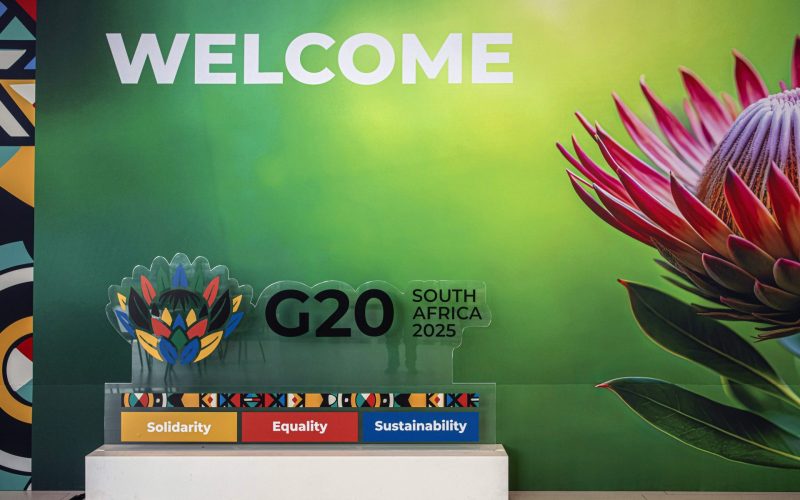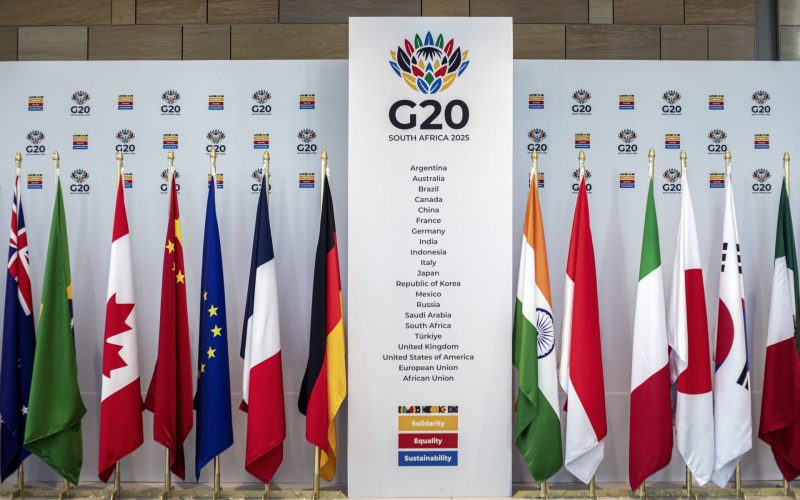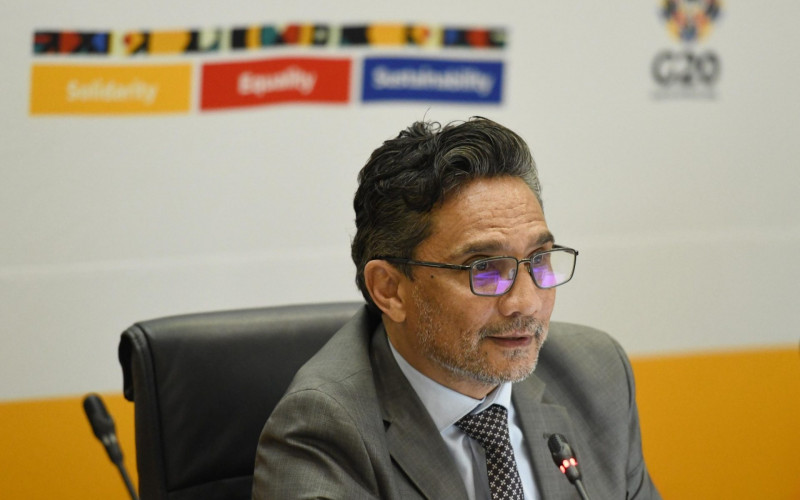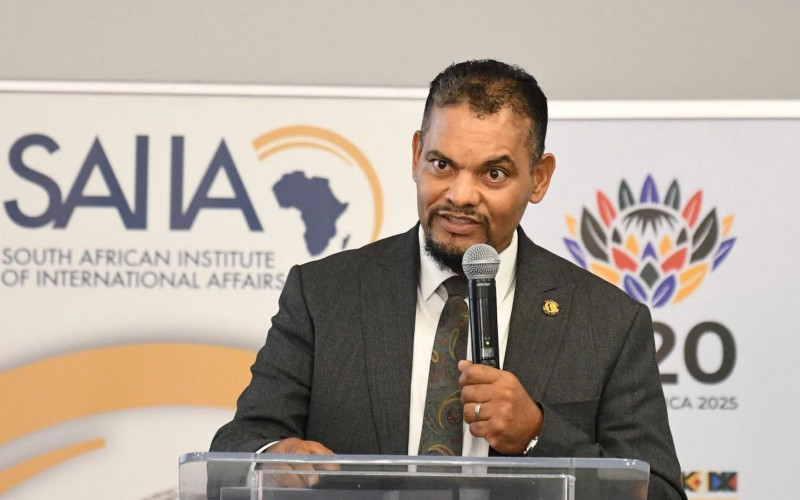To put these figures in perspective, for most of the 30 year sample period, IFF outstripped official development assistance (ODA) to Africa by a factor of between 2:1 and 3:1. The amount of money lost by countries such as South Africa and Nigeria place them among the top 20 countries worldwide. However, it is not only the relatively well-off economies that are losing out: the GFI report found that around a quarter of the illicit flows from Africa were from highly indebted countries.
IFFs can be defined as unrecorded (and mostly untaxed) illicit leakage of capital and resources from a country. On the source side, IFF are facilitated by weak governance systems and corruption. On the receiving end, these flows are made possible by opacity in the global financial system. What has been described as “layers of opacity” include tax havens, falsified pricing, fraudulent foundations and anonymous trusts, money laundering, false documentation, disguised corporations (“shell companies”), offshore secrecy jurisdictions and loopholes in laws of some of the most powerful countries in the world – which in turn are home to some of the most powerful companies in the world. Moreover, globally these flows have been growing at an annual rate of around 8%; doubling between 2001 and 2010.
The magnitude of the challenge has catapulted it to the top of the global and African agendas. The issue was on the table at the recent G-8 meeting, with Prime Minister of the UK David Cameron pushing for the automatic exchange of tax info between countries as well as for beneficial ownership of companies – two key reforms that, if implemented, could go some way in addressing the problem. The meeting saw some progress on both fronts, though as the economics editor of The Guardian argues, there will be a lag between the statements of intent expressed at the meeting and real change.
For its part, the African Union (AU) and the United Nations Economic Commission for Africa (UNECA) in 2012 created a High-Level Panel on Illicit Financial Flows, chaired by former South African president Thabo Mbeki. While the G-8 met in Northern Ireland, the AU/UNECA panel met in Lusaka, Zambia. The two meetings discussed some of the same topics, albeit from rather different angles. This was also the topic discussed at a recent conference titled, “Capital flight and pro-poor development”, co-hosted by the Centro de Estudos e Investigação Científica (CEIC) of the Catholic University of Angola and Norwegian Church Aid in Luanda, Angola on 18 June 2013.
It is important to keep the momentum in the coming months and especially in the run-up to the Group of 20 (G-20) summit which will take place in Saint Petersburg, Russia on 5 and 6 September 2013. South Africa – the only African country in the G-20 – could arguably play an important role in pushing for curbing IFF, particularly so because as one of the top 20 countries losing money through these flows, it has much at stake. It is also useful to note at this stage that China tops the list of countries losing money through IFF.
However, even if both of Cameron’s proposed reforms are passed, more work will remain. In addition to the automatic exchange of tax information and beneficial corporate ownership, GFI is advocating for the curtailment of trade mispricing, the harmonisation of anti-money laundering policies and country-by-country company reporting. Though there is certainly a role for both legislation/regulation and prosecution, Managing Director of GFI Tom Cardamone argues that transparency is the key. This is in part because there will always be opportunities to find new regulatory loopholes.
The GFI/AfDB report also identifies unique challenges for natural resource-rich African countries. Whereas in so-called natural resource-poor countries IFF arise largely from the mispricing of trade (a form of money laundering and tax evasion), in natural resource-rich countries, the extractive sectors is usually the main source of IFF. The size of IFF in resource-rich countries is also much larger than that in resource-poor countries. In this context, the report advocates for initiatives such as the Open Budget Initiative and the Extractive Industries Transparency Initiative (EITI). The revised EITI standard will be particularly beneficial, as it provides, among other things, for reporting disaggregated on a project-by-project basis. Similarly, the focus of the World Bank’s EITI++ on the full value chain could close additional loopholes.
Finally, even if there were no illegal flows related to Africa’s extractive sectors, questions of fairness will remain. Some of the participants at the conference on capital flight in Luanda did not phrase their arguments only in terms of combating illegality, but in a broader discourse of economic and social justice. Organisations that promote such an approach – including many faith-based civil society groups and networks such as the Tax Justice Network – point out that some types of capital flight could be legal, though still harmful. On the agenda of these organisations are such issues as overly generous tax incentives for mining companies. On these issues too there seems to be some momentum.
Though at first glance this seems like a bigger fight than that against IFF, many of these issues could arguably be tackled at the national and regional levels, by African states themselves.








